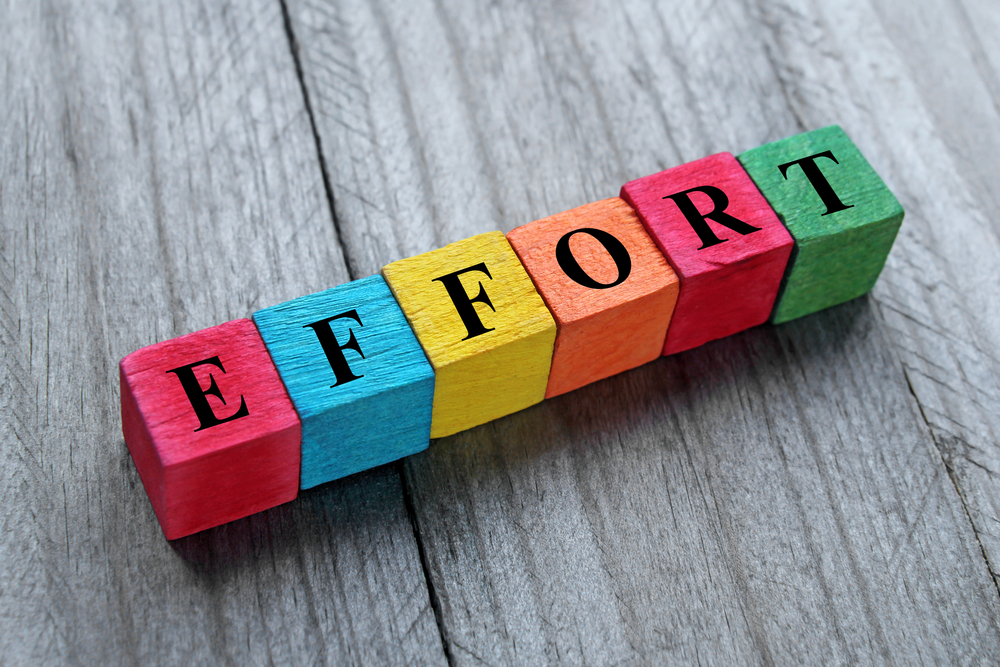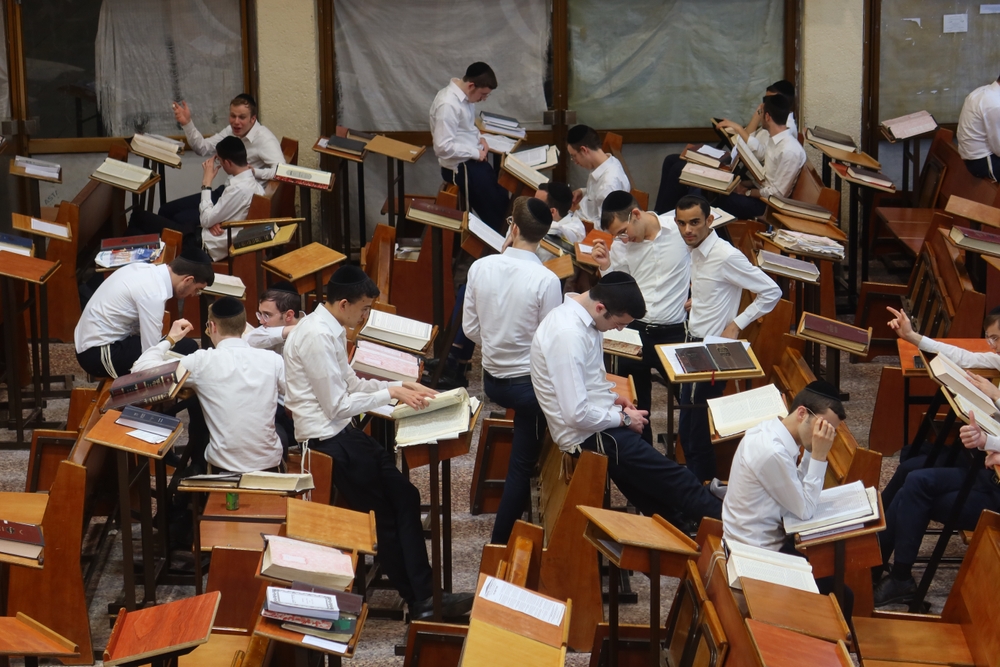A Gift of Peace
At the end of last week’s Torah reading, Pinchas stood up courageously for the name of God, and attacked one of the prominent figures of the Jewish nation in the desert. That person, Zimri, had done a terrible act which would have influenced others to follow his example. By Pinchas attacking Zimri, he prevented further corruption of the Jewish people and therefore the wrath of God subsided from them. And so, in the beginning of this week’s Torah reading (Bamidbar 25:12), God rewards Pinchas with a covenant of peace for his monumental accomplishment.
The Midrash notes this as an extremely valuable gift, and elaborates on the significance of peace. The Midrash says as follows: “Great is peace that was given to Pinchas. The world is not conducted but with peace, and the Torah is entirely of peace…The prayers conclude with peace and the blessings of the Kohanim conclude with peace. Rabbi Shimon the son of Chalafta says, there is no vessel that holds blessings but peace.”
Preserve the Peace
While peace is a wonderful blessing that is bestowed by God, we must do all that we can on our end to achieve and maintain peace. The Chofetz Chaim writes (Shemirat Halashon, part 1 chapter 11) a very interesting concept regarding preserving peace. In a case where two Jews are having a conflict over money, a peace-loving Jew will relinquish his rights to the money, for the sake of God, so as not to fight with another Jew. He trusts that God will make up the loss to him and in the merit of this act, God will surely do so.
The Chofetz Chaim compares it to a father who distributed portions to his children, and one child grabbed someone else’s portion away from him. The victimized child approached the father and said, “Father, one of my siblings grabbed my portion away, but I did not fight with him because I knew it would pain you for me to do so. Could I have another portion instead?” Certainly, the father will oblige.
Brotherly Love
Avi and Yosef grew up as very close brothers and had no other siblings. A strain developed in the relationship between Avi and his mother, and she subsequently cut him out of her will. When their mother died, Yosef began to weigh the situation. According to the will of his mother (who had been divorced), he was the only heir, and he would get to keep the entire inheritance, which was a substantial amount, for himself. On the other hand, he realized that his brother would be greatly pained by this, and there was a good chance that the close bond that they shared would be severed forever.
As they approached the government office to claim their mothers’ estate, the clerk asked them, “Do you have a will?” Yosef made up his mind, and answered, “No.” Therefore, the estate was divided equally. Meanwhile, their father was not well, and his mind was not functioning properly. A few years later, as a result of his condition, their father had expressed his desire to leave Yosef out of his will, despite Yosef being a loyal and dedicated son. Avi then took the initiative and worked very hard until he succeeded in convincing their father to include Yosef in the will as well.
Let Go and Let Live
We all want to live in peace, but many of us are greatly challenged to take the steps towards achieving this goal when the situation arrives. When we feel we were wronged or taken advantage of, the desire for justice boils inside us. We find it too hard to let go of that which we feel we deserve, and this drags us into conflicts. Of course it is never our fault, it’s always the other party that is wrong. But nevertheless, the peace is gone, causing only harm to everyone involved.
In the moment, it is very hard to conquer the urge to stand up for what we believe we entitled to. By employing logical reasoning, we can overpower our instincts. Whatever it is that we feel is rightfully ours (in regards to our personal interests) and is being held back by others, is not nearly as valuable as the value of peace. Creating discord over assets, personal preferences, honor or the like, inherently means giving up an extremely valuable possession for something petty. (And very often we don’t even succeed in getting that which we are fighting over.) Furthermore, as the Chofetz Chaim taught us, if we work on preserving peace, God will make sure to make up to us in the long run, that which we gave up for the sake of His honor.
Parshat Pinchas by Rabbi Yitzchok Aryeh Strimber


